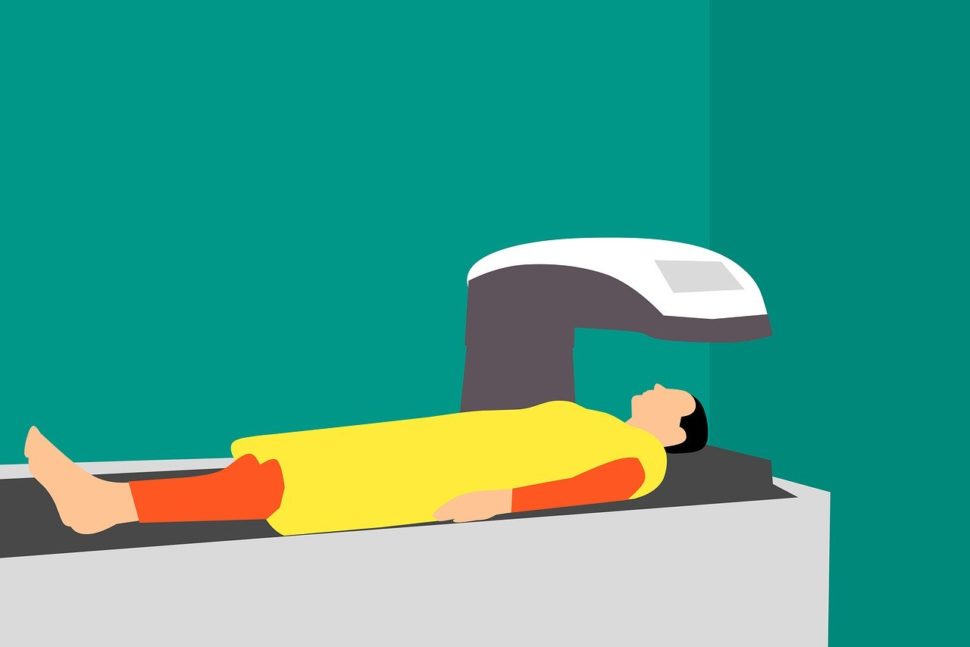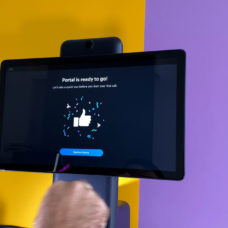Magnetic resonance imaging (MRI) scanners are useful tools for health professionals. The machine provides a non-invasive look inside a human patient’s body.
However, these MRI machines are far from perfect. For one, they take too long — roughly an hour or more — to complete a scan. Patients that are in pain may find it challenging to keep still for this length of time.
At the same time, failure to stand still for the required length of time can result in loss of resolution.
Now the researchers at Facebook have used artificial intelligence to speed up the process significantly. According to the social media giant, the new systems can speed up scans by as much as four times.
Facebook AI team wrote in a blog post announcement:
“In a first-of-its-kind clinical study, the team of computer scientists and radiologists demonstrated that AI could generate equally accurate and detailed MRIs using about one-fourth of the raw data traditionally required for a full MRI. Since less data is required, MRI scans could run nearly 4x faster.”
The researchers described the new technology in a paper published in the American Journal of Roentgenology.
Developing an AI Enhancement for MRI Machines
The new system is called fastMRI, and it works the same way as other AI systems.
First, the researchers trained the system using hundreds of thousands of MRI scans of human body parts. That way, the model can learn what an MRI film looks like.
Next, the team used the combined AI system with the scanning software in the MRI machine to build an MRI film. In other words, it filled in information that the system predicts will eventually be in the image.
In a test, trained radiologists compared knee films from traditional MRI scans with those sped up using fastMRI technology.
According to Facebook, the radiologists couldn’t distinguish between regular images and those created using the technology. What’s more, the fastMRI film took 75 percent less time — about 15 minutes.
Facebook and NYU Langdon have been working on the technology for the past two years. Now, the team says that they are ready for other groups to test it in preparation for commercial use.

















Comments (0)
Most Recent